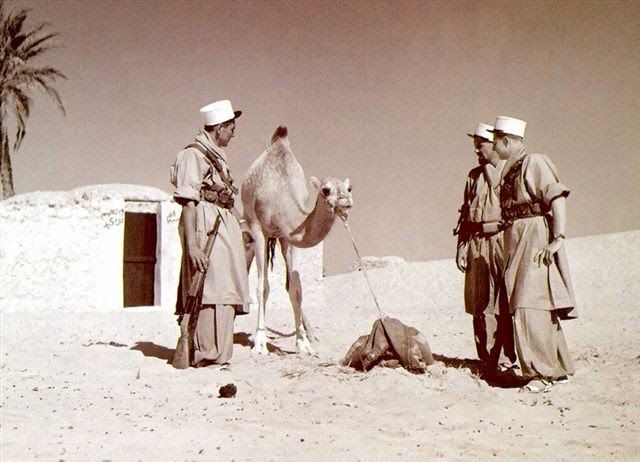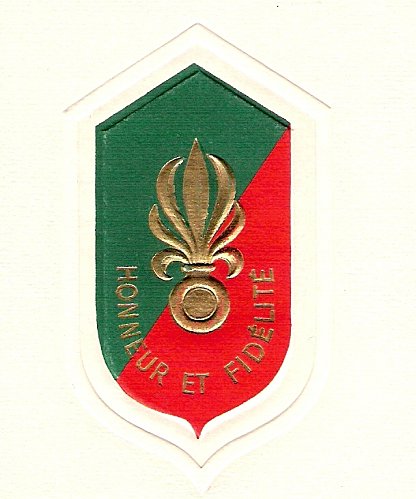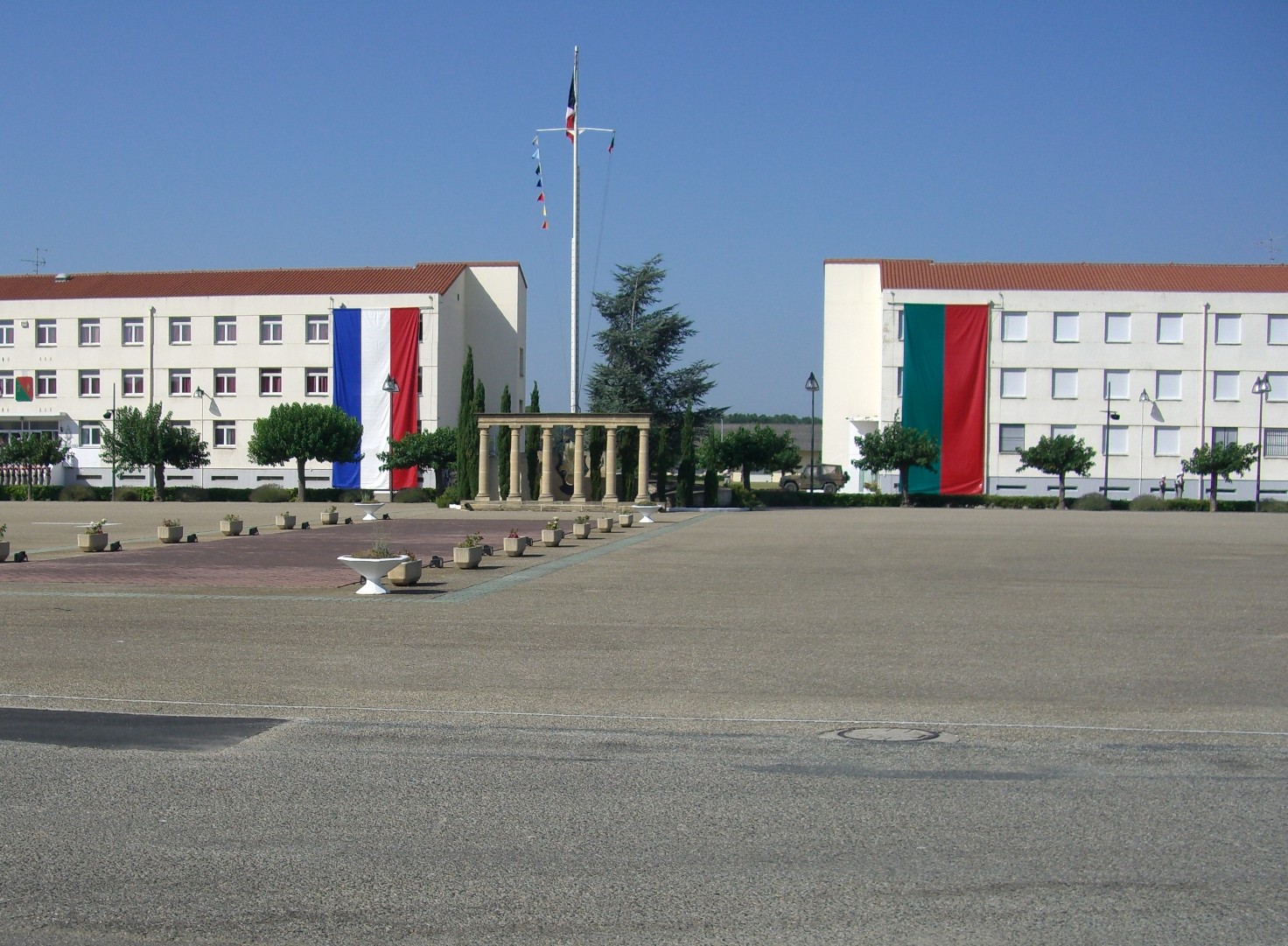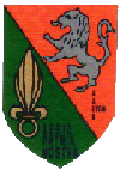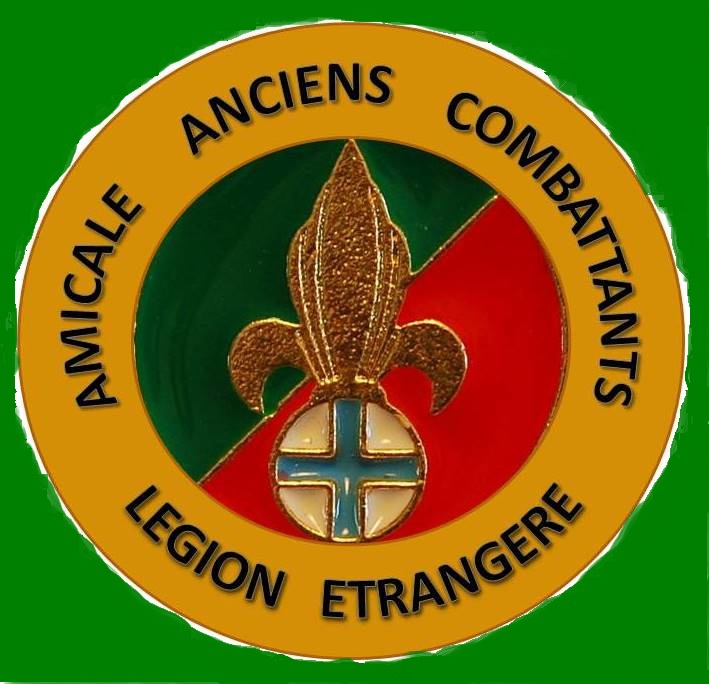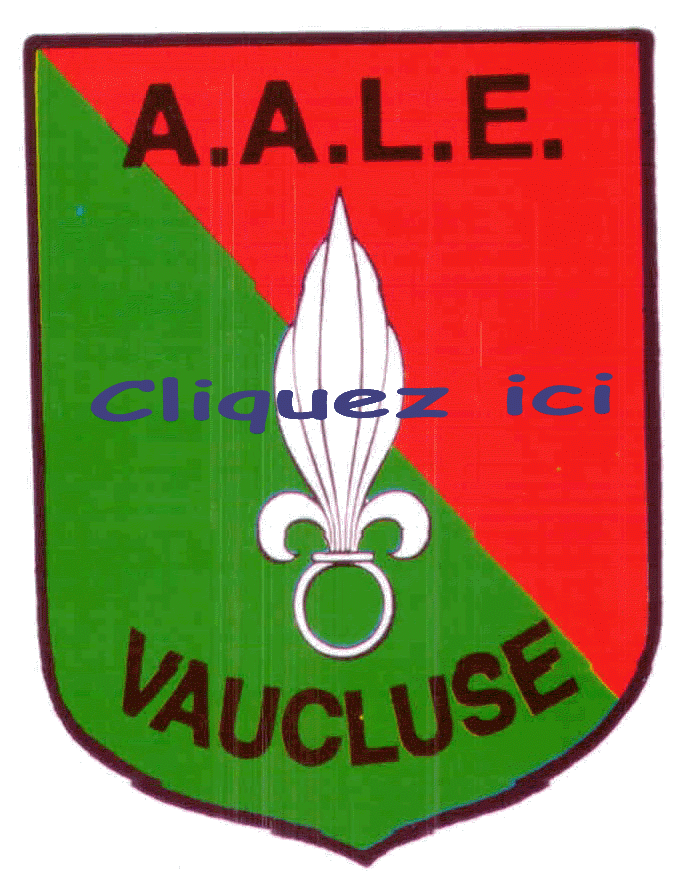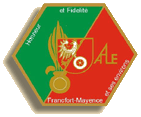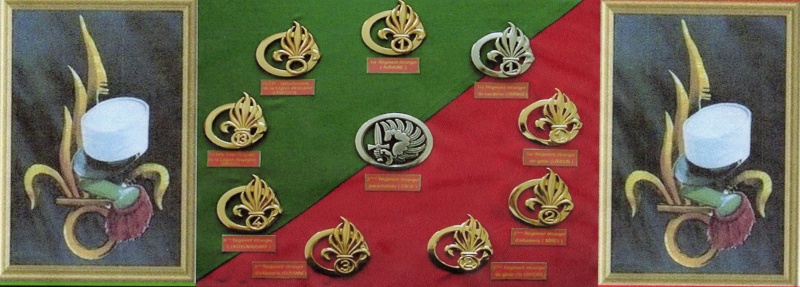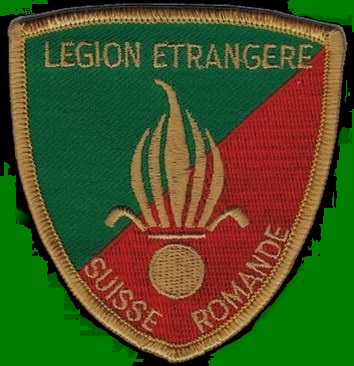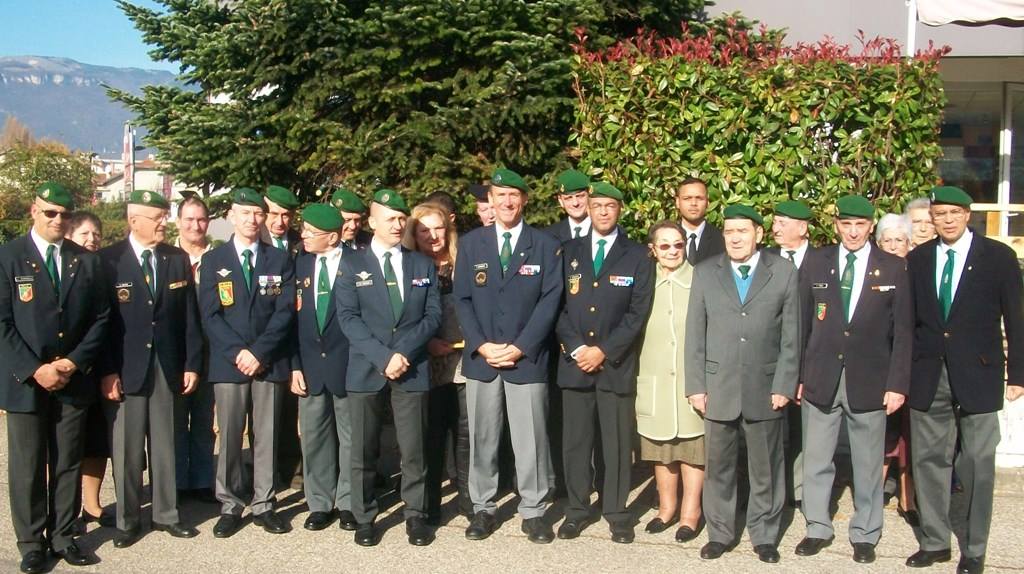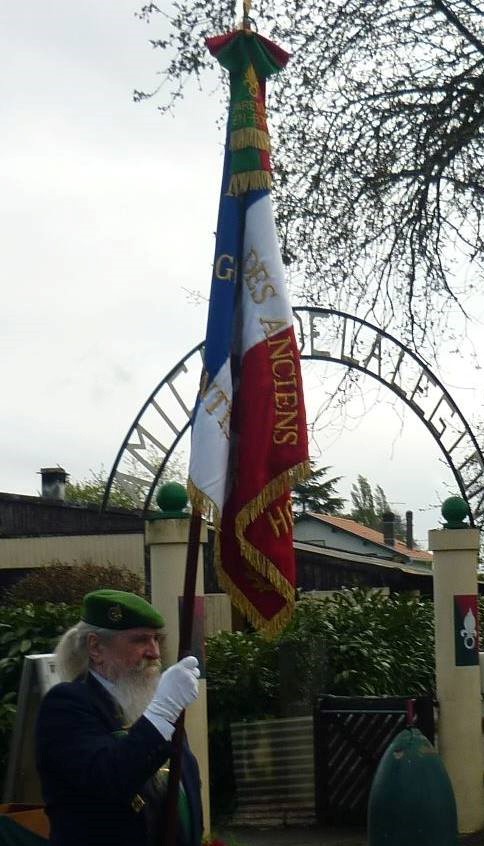
The flowering of writing within the military community is commendable, but with reservations. Without wishing to spoil the enthusiasm, I do want to offer the caution that simply putting pen to paper (so to speak) is not sufficient, not the end, but rather the beginning of a process which, for the best works, requires seemingly endless and brutal cycles of revisions. Ideas and the frameworks within which they are constructed need to be rigorously challenged, questioned, poked and prodded, and then brought back to the drawing board. A process which I have referred to elsewhere as a good intellectual rogering, a necessity both to keep “bright ideas” from going too far as well as to allow brilliance to justly emerge. And so, in this week’s CCLKOW installment we are introducing the Blogshop, a variation on the academic Workshop, wherein the writing itself is presented for critique. We have a piece provided by one of the regular participants in the weekly dialogue. However, rather than the usual question and discussion upon the substance of the piece, our purpose in this case is critical commentary, which the questions at the end are intended to generate. Additionally, I have recruited colleagues to provide more in-depth responses, which I will post tomorrow in the comments section. So, enjoy the piece, consider the questions, and join the conversation on Twitter at #CCLKOW.
Mike Denny’s “Forgetting Hate: A quick lesson on battlefield conduct from the Légion Étrangère”
When I was replacing the outgoing Infantry battalion in eastern Afghanistan in 2010, an outgoing staff officer and I were casually discussing life, combat, and the year ahead. He said something that stuck with me throughout my second deployment, “You know, if you want to be successful here (in Afghanistan), you have to keep hate in your heart.” This statement to civilians seems spiteful and monstrous, resonates with many Veterans that I have discussed our views on combat, the enemy, and our way of war. Hate viewed as a motivating force, a driving factor to defeat the enemy, overcome internal bureaucracies, and the numerous distracters to mission accomplishment. Often these statements might not come out until after a few beers and heated discussions, often in hushed tones and maybe with a little shame. It’s not an official doctrine, but in historical examples vilification of the enemy to the point of hatred seems to be a part of the American way of war, and maybe any nation’s way of war. Theorists often look at the role of hate towards the resistance for killing, that aversion to killing enemy forces is often driven by several factors proximity to the killing and aversion to the act. A strong training foundation and organizational culture can assist Soldiers in overcoming the aversion to the act of killing throughout the recruit process. When creating a service culture there are several necessary facets: Integrity, Selfless Service, Teamwork, Generating Organizational Loyalty, and in my mind, you have to mention the enemy. The French Foreign Legion does this well, recognizing the inevitability of killing enemy combatants, they engrain in new recruits the important of conduct against the enemy in combat. In evaluation of creating a service culture in new recruits and developing battlefield ethos, what really matters in creating a Soldier from a civilian?
Why the Legion? I discovered a series of documentaries on YouTube on the modern French Foreign Legion covering troops in combat in Afghanistan and recruits during their basic training. I witnessed the professionalism and capacity of these troops in Afghanistan, and have always held the Legion in high regard. As a small all-volunteer force with incredibly high standards always embroiled in conflicts in undesirable lands they certainly hold some valuable lessons for our all volunteer force. In the American way of war, it seems easier to conduct operations against an enemy you hate. Hate of an enemy combatant allows a Soldier to dehumanize or detach from the involvement with the acts of war. A quintessential tenant of American warfare is to be the combatant in the right protecting the world or allied nation from the evils of the opposing force. Detaching our military from the emotion of killing enemy combatants has been discussed fully in various texts including SLA Marshall’s Men Against Fire and Grossman’s On Killing and On Combat. Grossman wrote in an early article, “If we understand the role of hate in the soldier’s dilemma than we can use it to obtain an understanding of the psychological underpinnings of maneuver warfare.” [1] Many of the battlefield indiscretions of U.S. forces over the years are often blamed on the emotional toll of war. I am not suggesting that the creation of robot like soldiers would make war easier, but simply evaluating how other forces mold their recruits and enforce their battlefield standards. The US Army Soldier’s Creed and the Legionnaire Code of Honor share several key themes on duty, mission, and battlefield conduct. One missing point of the Soldier’s creed is captured very aptly by the Legion.
Au combat, tu agis sans passion et sans haine, tu respectes les ennemis vaincus, tu n’abandonnes jamais ni tes morts, ni tes blessés, ni tes armes.
The seventh stanza of the Legionnaire code d’honneur: In combat, you act without passion and without hate; you respect vanquished enemies….. This emotional detachment from the situation is important. This code brings a complete focus on mission accomplishment, and even when we vanquish an enemy, to hold them in respect as our defeated adversary. This mindset is instilled starting in basic training and carried forward into combat operations. No cheering as CAS hits enemy positions, no joy in the death of an adversary; merely a continuation of a necessary part of the mission. When a target pops up, the legionnaire knocks it down and continues on towards a cold beer at the end of a mission (regardless of the country of operation). The Legionnaire does not hate his enemy; they are two parts of a transactional relationship necessary for survival in war, and in the life of a Legionnaire. This focus on eliminating a major part of the psychological underpinning of combat certainly improves their productivity and strong espirit de corps. Unlike the US Military Soldier’s Creed or Airmen’s creed, the Legion does not mention “I” as an individual in their code of honor. The code is addressed more in a third person, removing the individual identity and contributing to the group identity. The American society particularly in this era, values the individual and the US Army overly focused on this point in the past during the Army of One Campaign (well intentioned as a team ethos, created an overt focus on individualism). If we shed the individual identity in basic training, and create a team or organization ethic, how do we expect Soldiers to display an Army ethic on the battlefield instead of allowing their individual thoughts and ethos to govern their actions? Admitting to the realities of warfare from the beginning is an important first step because it instills respect for the enemy combatant as a means to maintain vigilance from hubris and prevent battlefield indiscretions.
—End
CCLKOW Blogshop Questions: these are a departure from the usual questions on substance and are instead intended to generate critical discussion of the writing
1. Last week Tom Ricks posted on the quality of the writing in the Army’s institutional publications. Who writes institutional publications? You do. Taking one of the “sins” identified in his work, upon what unexamined assumptions does Denny’s argument rest?
2. Is the comparison between organizations – the US Army or armed forces and the French Foreign Legion – reasonable? If the two are not well matched for comparability, does this fatally weaken the argument?
3. Does the problem he sets out to address in the piece exist? Is it worth critical attention within the military community?
My thanks to Mike Denny for being a good sport in allowing me to use his piece this way. He has set a standard here for future and further intrepid warrior scholars.
Notes:
1 David Grossman, “Defeating the Enemy’s Will: The Psychological Foundations of Maneuver Warfare,” Maneuver Warfare: An Anthology, R.D. Hooker (Ed), Presidio Press, 1994.



































